Propane Powers Laketran’s Safe and Green Transit
Laketran, Lake County, Ohio’s regional public transportation system, has made significant strides in its mission to provide safe, affordable, and environmentally friendly transportation. One of the most impactful changes has been its transition to propane-powered paratransit vehicles, a decision that has brought numerous benefits to both the organization and the community it serves.
In 2015, Laketran evaluated various fuels, including gasoline, diesel, electric, propane, and hydrogen, to determine the best option for their fleet of 100 buses.
According to Ben Capelle, Laketran’s CEO, “The analysis pointed clearly to propane as the best option, so we decided to switch our fleet to propane. We invested in a fueling station and have ordered new buses with propane engines since then.”
Low carbon, green fuel: Propane
One of the primary reasons Laketran opted for propane is its environmental benefits. Propane is a low-emission, clean-burning fuel that significantly reduces the environmental impact of transportation fleets. Plus, the EPA considers propane a clean fuel and reports that it’s also the most widely used alternative fuel in the U.S. This is particularly important for a transit agency like Laketran, which serves over 650,000 riders annually, many of whom rely on public transportation for daily commutes.
Capelle notes, “Propane is cleaner and more environmentally friendly, with 93% of it produced domestically.”
Propane is cleaner and more environmentally friendly, with 93% of it produced domestically.”
Ben Capelle
Immediate Cost Savings
In addition to its environmental advantages, propane also offers substantial cost savings. Laketran has experienced a reduced fuel cost of about 35-40% compared to diesel, which translates to significant annual savings given the fleet’s extensive usage.
“Switching to propane has resulted in significant cost savings,” Capelle shares, highlighting how this transition has made Laketran’s operations more financially sustainable.
Beyond cost savings, propane has improved Laketran’s operational efficiency. Propane engines are simpler and more reliable than diesel engines, which have more complex emission systems and maintenance requirements.
Capelle mentions, “Propane buses cost less to maintain than diesel buses,” emphasizing the long-term benefits of reduced maintenance needs such as fuel additives and improved vehicle longevity.
Safety and Fueling
Safety is another critical factor. Propane is a safe fuel that is easy to work with, offering a cleaner and healthier environment for drivers, passengers, and those who service the vehicles. Laketran’s drivers have adapted well to fueling propane buses, finding the process simple and straightforward. The fueling station is similar to a regular gas station: You pull up, fill up, and go.
“Training takes only about 15 minutes, and they can refuel the buses themselves,” Capelle explains.
Laketran’s ongoing commitment to expanding its propane-powered fleet sets an example for other transportation agencies looking to reduce costs, improve efficiency, and promote environmental stewardship.
$16,000 Available from the Ohio Propane Gas Association
With budget constraints and a push to transition Ohio’s fleets to cleaner fuels, the Ohio Propane Gas Association is here to help. The OPGA is offering fleets up to $16,000 for propane vehicles to help them cut their carbon footprint immediately. The OPGA has experts to help fleet managers, treasurers, and city officials make the transition a smooth one.
Learn more at: OhioAutogas.com/#funding
For more details, go to OhioAutogas.com
